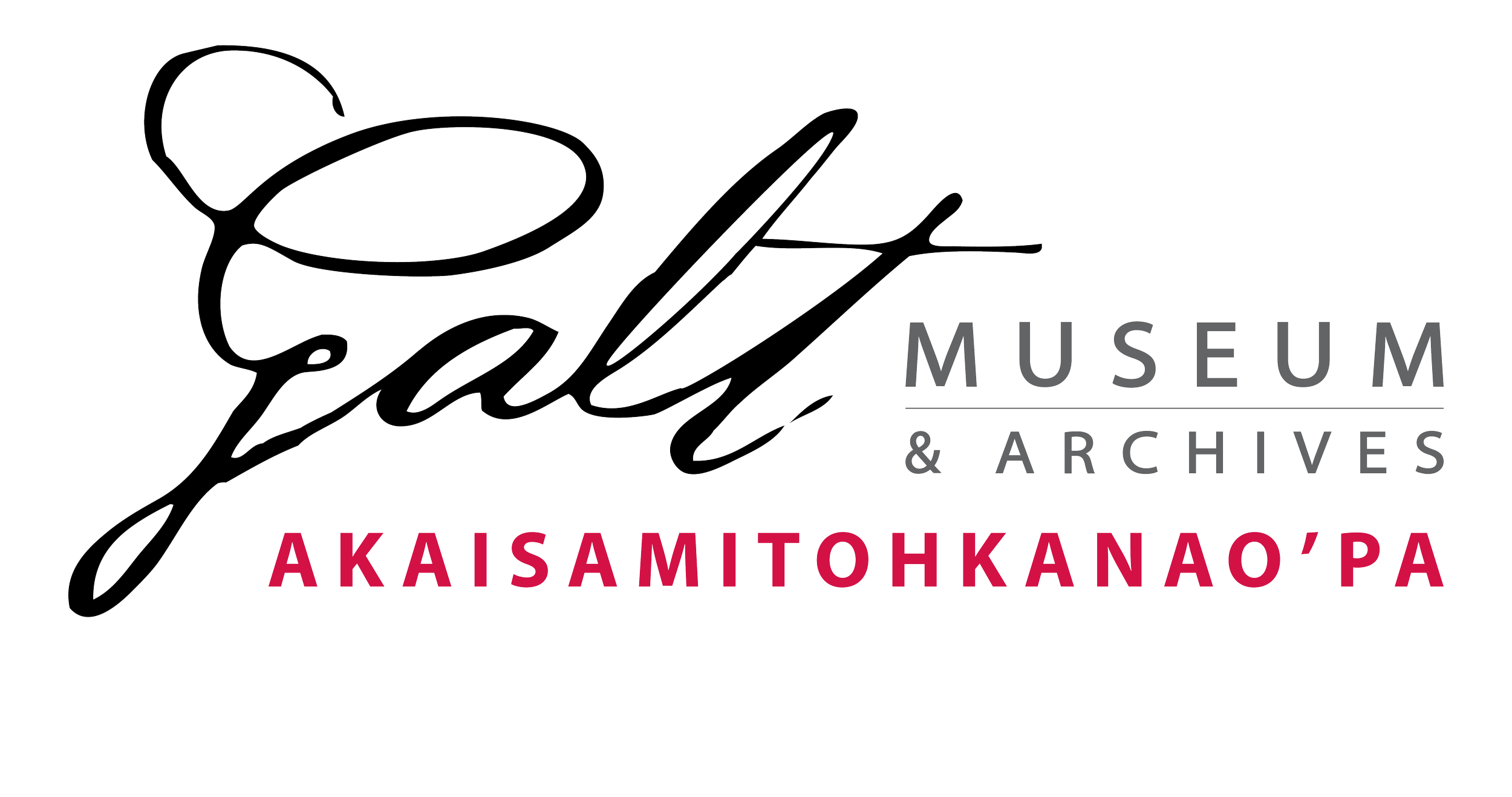Picariello's Lethbridge Connections
Emilio Picariello was one of the most infamous bootleggers from Alberta’s prohibition era. Rum-running and the illegal alcohol trade allowed this enterprising man to make significant profits, but ultimately cost him his life at the hands of the law.
The Social Gospel movement dominated the Protestant churches of Canada and the US from the late nineteenth to the early twentieth centuries. It focused attention on social ills arising from alcohol abuse including poverty, unemployment, crime, and family violence. The Alberta Legislature passed the Prohibition Act in 1917, which allowed “near beer” to be sold in hotel bars while making the sale of hard alcohol illegal. The passage of prohibition legislation created a high demand for liquor in Canada and the US.
In 1901, Fritz Sick moved to Lethbridge and established a brewery, later known as Lethbridge Breweries Ltd. The company survived prohibition by producing legitimate near beer or Temperance Beer with an alcohol content of just over 2 per cent. There were rumours, however, that beer and whisky were transported from Lethbridge hidden in grain trucks.
Emilio Picariello’s meteoric rise in fortunes began in January 1918, when he purchased the Alberta Hotel in Blairmore from Fritz Sick. Picariello became the sole agent for the Lethbridge Breweries Ltd. in the Crowsnest Pass. He legally advertised and sold their Temperance Beer; however he is said to have excavated a basement at the Alberta Hotel for loading and unloading illegal liquor. He began regular liquor runs across the Alberta-BC border through the Crowsnest Pass, and down to Montana via the Whiskey Gap and other border crossings.
The exhibit The Rise and Fall of Emilio Picariello, now showing at the Galt Museum, was created by the Fernie Museum. Join historian Stephanie Laine Hamilton as she explores Picariello, his Alberta Hotel, and his Lethbridge connections to Fritz Sick and the Sick Brewery, Sun NOV 19 from 2–3 at the Galt Museum.
